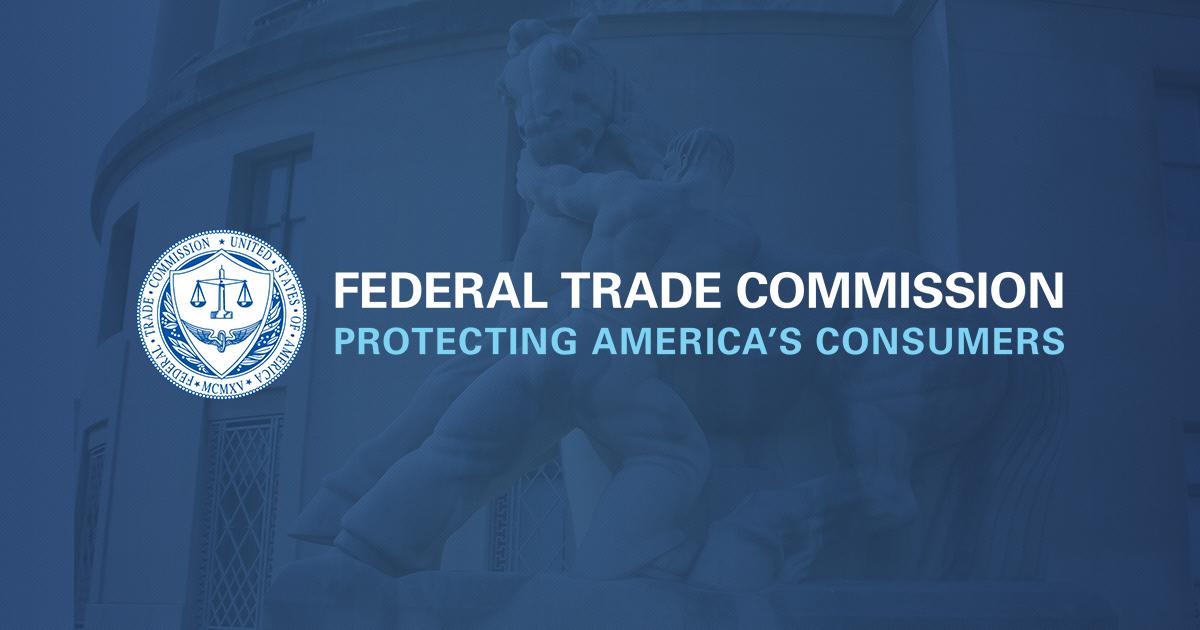The Federal Trade Commission today issued the National Do Not Call Registry Data Book for Fiscal Year 2015. The FTC’s National Do Not Call Registry lets consumers choose not to receive telemarketing calls. Now in its seventh year of publication, the Data Book contains a wealth of information about the Registry for FY 2015 (from October 1, 2014 to September 30, 2015), including:
- The number of active registrations and consumer complaints since the Registry began in 2003;
- FY 2015 complaint figures by month and type;
- FY 2015 registration and complaint figures for all 50 states and the District of Columbia by population;
- Rankings of the number of Do Not Call registrations by state population;
- The number of entities accessing the Registry by fiscal year; and
- An appendix with registration and complaint figures by consumer state and area code.
According to the Data Book, at the end of FY 2015, the Do Not Call Registry contained 222,841,484 actively registered phone numbers, up from 217,855,659 at the end of FY 2014. In addition, the number of consumer complaints about unwanted telemarketing calls received increased from 3,241,086 during FY 2014 to 3,578,720 during FY 2015.
This year’s Data Book also reveals trends in complaint data. In addition to providing information on the total number of consumer complaints per month, it contains data on the number of monthly complaints specifically related to pre-recorded telemarketing “robocalls,” and requests for a telemarketer to stop calling.
During the past fiscal year, the FTC has continued to receive many consumer complaints about robocalls. The number of complaints varied by month, ranging between a low of 135,027 in November 2014 and a high of 206,054 in April of this year.
Most telemarketing robocalls have been illegal since September 2009. As part of the FTC’s ongoing efforts to stop illegal robocalls, the agency announced its third public technology challenge in March 2015, “Robocalls: Humanity Strikes Back.” The contest asked contestants to create a technical solution for consumers that will identify unwanted robocalls received on landlines or mobile phones, and block and forward those calls to a honeypot. The winners were announced at Def Con 23 in August 2015.
In addition, the FTC hosted a new data analytic contest, DetectaRobo, during the National Day of Civic Hacking on June 6, 2015. This was the first time the FTC launched a contest during National Day, which is an annual global effort to unite citizens who are interested in collaborating with government to solve a variety of technical challenges.
Information for Consumers
Information for consumers about the Do Not Call Registry, company-specific do not call requests, and telemarketer Caller ID requirements can be found on the FTC’s website, and consumers can sign up for the National Registry for free. Other information about robocalls and what consumers can do about them also is available.
The Federal Trade Commission works for consumers to prevent fraudulent, deceptive, and unfair business practices and to provide information to help spot, stop, and avoid them. To file a complaint in English or Spanish, visit the FTC’s online Complaint Assistant or call 1-877-FTC-HELP (1-877-382-4357). The FTC enters complaints into Consumer Sentinel, a secure, online database available to more than 2,000 civil and criminal law enforcement agencies in the U.S. and abroad. The FTC’s website provides free information on a variety of consumer topics. Like the FTC on Facebook, follow us on Twitter, and subscribe to press releases for the latest FTC news and resources.

